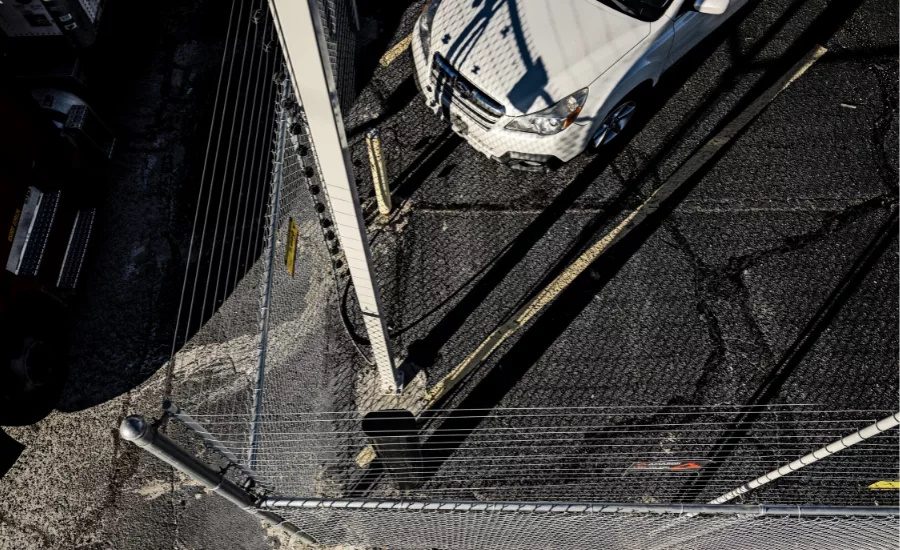
"Yet amid these financial challenges lies a parallel trend that security professionals cannot afford to ignore: a rise in property-related crime. Historically, there has been a strong correlation between economic downturns and increased theft, especially when it comes to high-value materials, heavy equipment, vehicles, and fuel. In tough times, desperation grows, and with it, opportunistic criminal activity. As risk rises, the question becomes: What are security leaders doing to proactively protect their operations from disruption, reputational damage, and loss of revenue and physical assets?"
"To understand why so many operational sites are attractive targets, consider their physical layout. By necessity, assets, equipment, and materials are stored, staged, and transported across a network of locations - many of which operate around the clock, span both rural and urban areas, and vary greatly in how they're secured. Common vulnerability points include: Parking areas and storage yards where vehicles, trailers, or equipment sit idle for extended periods."
Economic headwinds, including persistent inflation and multi-decade high interest rates, are forcing companies to tighten capital and operational budgets and adopt cautious forecasts. Simultaneously, property-related crime is rising, especially theft of high-value materials, heavy equipment, vehicles, and fuel. Operational sites are attractive targets because assets are stored, staged, and transported across networks of locations that operate around the clock and span rural and urban areas. Common vulnerability points include parking areas, storage yards, construction sites with minimal fencing, facilities with perimeter gaps, and remote lots holding surplus inventory or fleet vehicles. These vulnerabilities increase risk of disruption, revenue loss, reputational damage, and asset theft.
Read at Securitymagazine
Unable to calculate read time
Collection
[
|
...
]